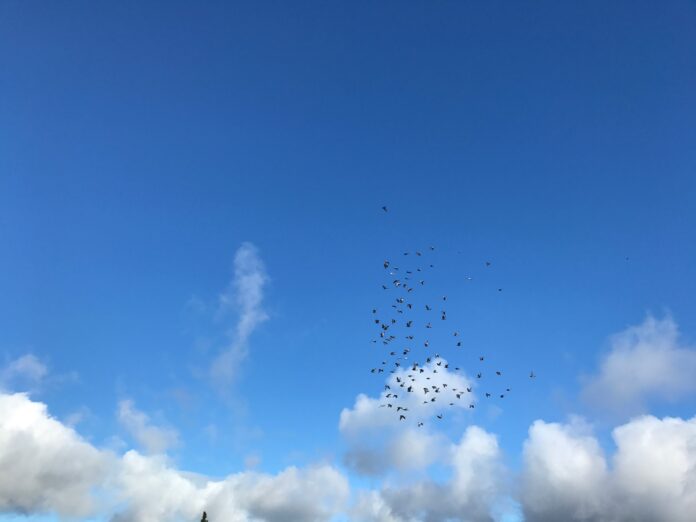Courtesy of San Benito County Public Health Services:
The California Department of Public Health (CDPH) urges all Californians to protect themselves from mosquito bites during West Nile virus (WNV) season, which extends from now through early fall.
“West Nile virus activity in the state is increasing, so it is important to take every possible precaution to protect against mosquito bites,” said State Public Health Officer and CDPH Director Dr. Karen Smith.
West Nile virus spreads to humans and animals through the bite of an infected mosquito. Late spring rains have contributed to standing water, which serves as a breeding source for mosquitoes that can spread WNV. Hot temperatures also contribute to increasing numbers of breeding mosquitoes and an increased risk of virus transmission to humans.

Currently, WNV activity is within expected levels and is similar to activity at this time last year. The risk of disease is due to WNV increases as the summer progresses, and declines in early fall as the weather cools. In 2018, there were 217 reported WNV cases in California, including 11 deaths. Since WNV was first introduced into California in 2003, there have been more than 6,000 human WNV cases and 303 WNV-related deaths across the state.
“West Nile virus (WNV) can cause a deadly infection in humans, and the elderly are particularly susceptible,” said San Benito County Health Officer Dr. Gail Newel. “West Nile virus activity in the state is increasing, so I urge everyone to take every possible precaution to protect themselves against mosquito bites.”
West Nile virus is influenced by many factors, including climate, the number and types of birds and mosquitoes in an area and the level of WNV immunity in birds. West Nile is transmitted to humans and animals by the bite of an infected mosquito. The risk of serious illness to most people is low. However, some individual less than 1 percent can develop serious neurologic illnesses such as encephalitis or meningitis.
People 50 years of age and older and individuals with diabetes or hypertension have a higher chance of getting sick and are more likely to develop complications.
CDPH recommends that individuals protect against mosquito bites and WNV by practicing the “Three Ds”:
1. DEET
Apply insect repellent containing DEET, picaradin, oil of lemon eucalyptus or IR3535 according to label instructions. Repellents keep the mosquitoes from biting you. Insect repellents should not be used on children under two months of age.
2. DAWN AND DUSK
Mosquitoes usually bite in the early morning and evening so it is important to wear
proper clothing and repellent if outside during these times. Make sure that your doors and windows have
tight-fitting screens to keep out mosquitoes. Repair or replace screens that have tears or holes.
3. DRAIN
Mosquitoes lay their eggs on standing water. Eliminate all sources of standing water on your property, by emptying flower pots, old car tires, buckets, and other containers. If you know of a swimming pool that is not being properly maintained, please contact your local mosquito and vector control agency.
Horses are also susceptible to WNV. Currently there is no specific treatment for WNV in horses, but there are currently two approved WNV vaccine products available for horses. An initial series of at least two vaccinations followed by periodic booster injections is required with each. Horse owners are urged to consult their veterinary practitioners to ensure that the vaccination status of all their horses is current.
If you notice a significant mosquito problem where you live or work, contact the San Benito County Agricultural Commissioner at 831-637-5344 or San Benito County Environmental Health at 831-636-4035.
For health-related questions or concerns, please contact San Benito County Public Health Services at 831-637-5367 or go to San Benito Public Health Services website at http://hhsa.cosb.us.
If you see a bird, particularly if it is a crow, jay, magpie or raven, that appears to have been dead less than 24 hours, call the California West Nile Virus Hotline at 1-877-WNV-BIRD (1-877-968-2473).




